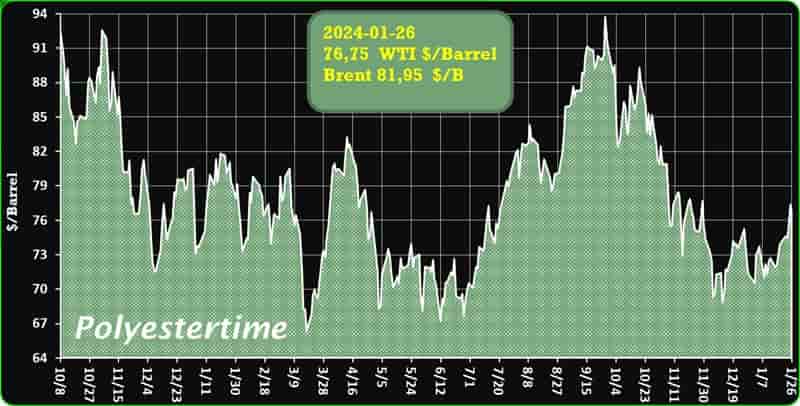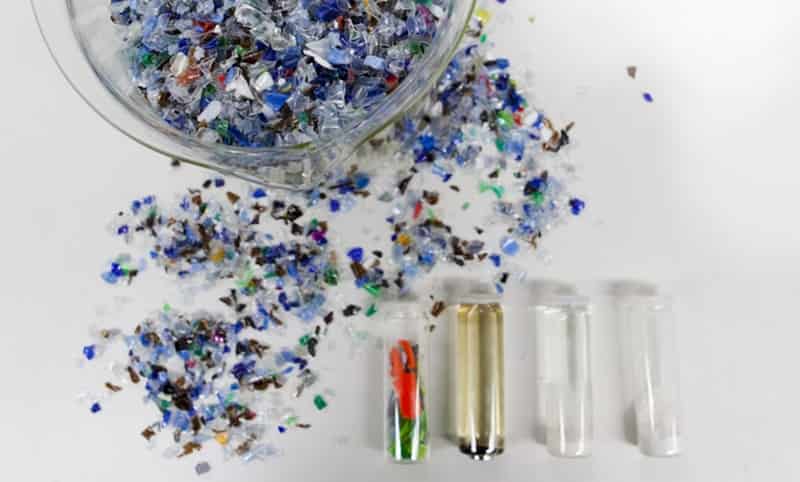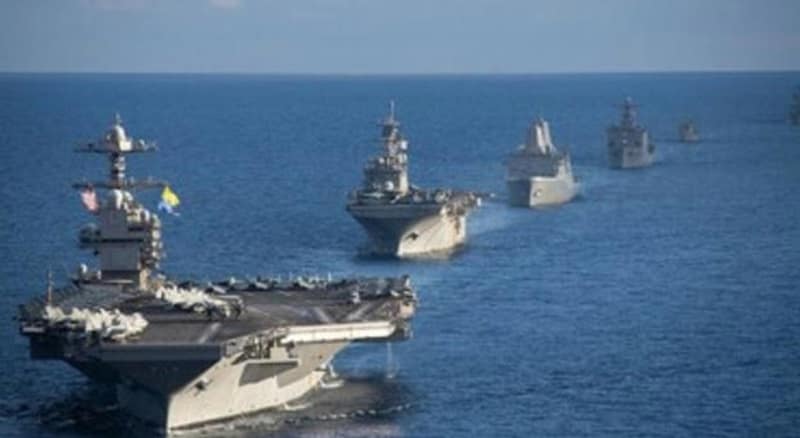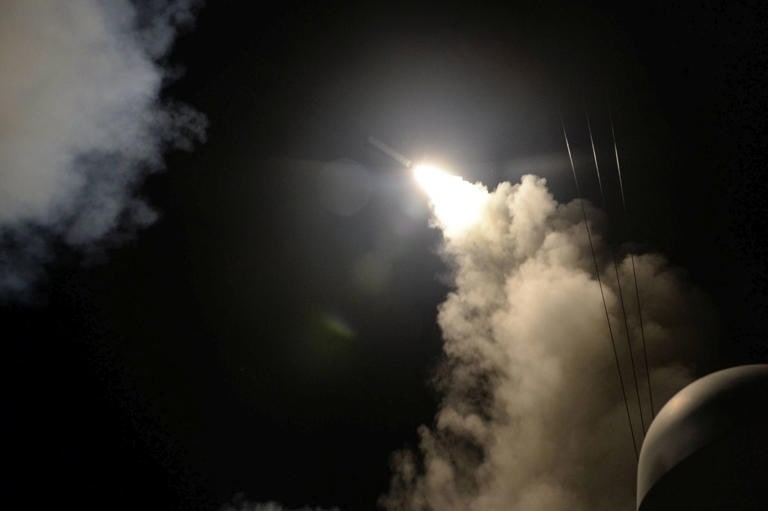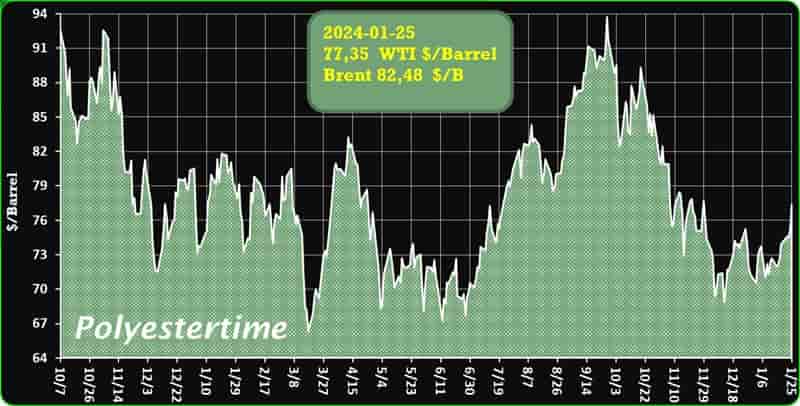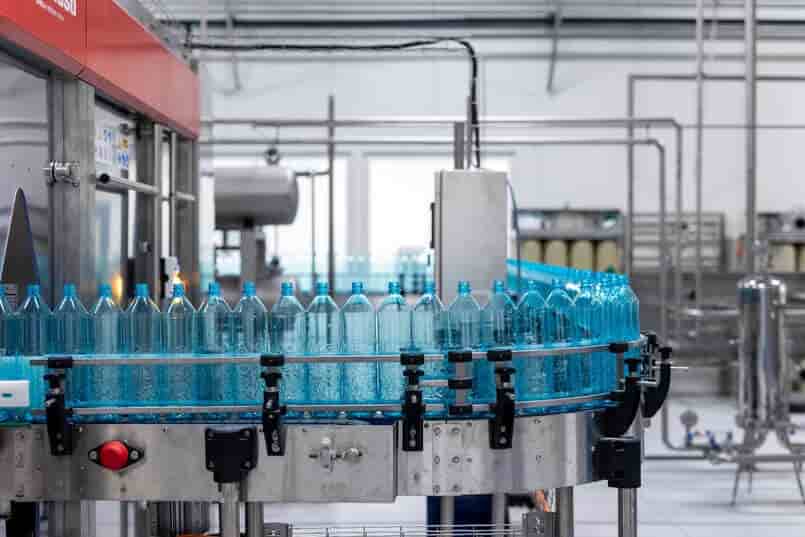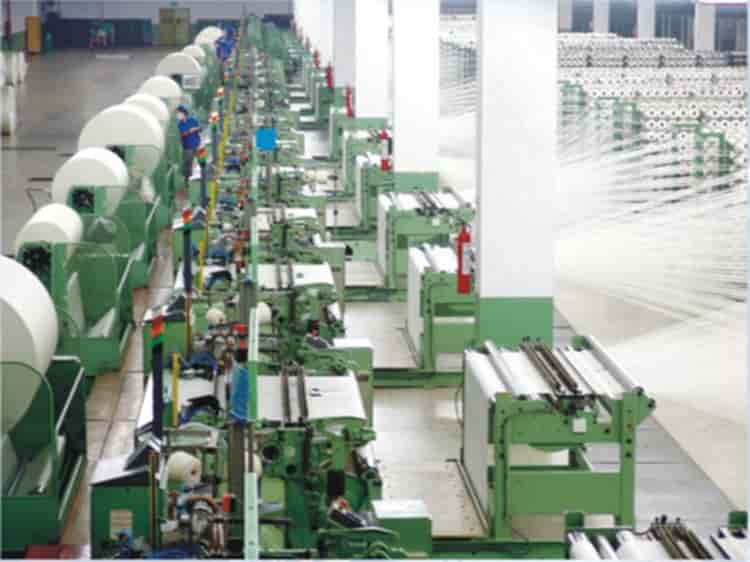Red Sea Crisis – Oonly Opens Bottling Plant With Revolutionary RefPET Tech 25-01-2024
Red Sea Issue Complicate Global PET Market, Another Series of Struggle Starts for the West and US
Global Polyethylene Terephthalate (PET) market has been facing challenges since the start of January 2024 due to the high production cost and logistic barrier amid heightened demand. Overall markets around the globe including Europe and USA struggle with the recent price upswing. Red Sea Crisis
The US PET market has been experiencing a continuous rise in prices since the start of the 2024. PET (bottle grade) prices, which were assessed at USD 1215/MT DDP Los Angeles during the first week of January 2024, later reached USD 1245/MT by third week of the month.
This rise in the PET resin price is primarily attributed to the ongoing conflict in the red sea trade route, which has resulted in low supply of commodities including raw materials and high production cost amid moderate demand in the downstream bottle and the packaging industries. Further, conflict is still continued to the date by the Yemen based rebel group. However, the US and UK with allies are striving to uphold the condition, which might ease the ocean logistic operation through the Red Sea route. Red Sea Crisis
On the other hand, reduction in the water level in the Panama Canal is another obstacle in the export path, this is the worst drought in the central American region creating a turmoil in the shipment route developing container’s traffic blockage creating hesitation about the canal route amongst route users for the trade.
PET price in European countries has been maintaining a bullish trend since early January 2024. Price rapid from USD 1160/MT to USD 1200/MT FD Belgium in the month. During this period, market demand for PET was high from the consumer and downstream packaging industries but it has been noticing a huge restriction from the supply chain to fulfill the market and consumer requirement.
Red Sea Ocean dispute has disturbed the entire logistic operation causing a reduction in container movement and delay in reaching shipments to consumers amid high demand. The dispute has prompted altering the different routes for ships resulting in a surge in freight cost and reduction in the availability of required containers. The ongoing crisis will threaten the supply status as Europe mainly depend on Asian countries for more than 50% PET import.
In Asia, majority of the nations have been displaying a bearish market situation like China, Taiwan and South Korea except for India. The decline in prices of PET in these countries was primarily driven by halted exports to the European market, which has led the domestic inventories level to rise in recent weeks. The opening price of PET bottle grade of the month in China is USD 1127/MT FOB Wuhu whereas the current price is USD 1127/MT FOB Wuhu, China. Red Sea Crisis
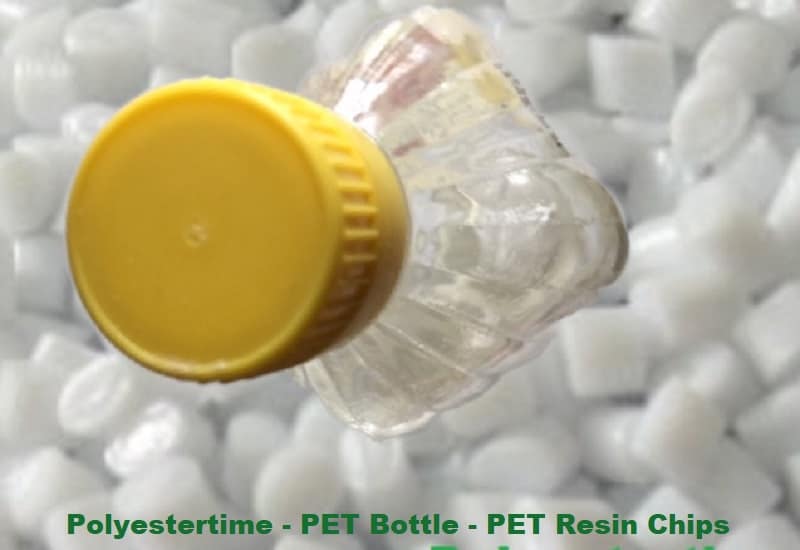
I am a dedicated and results-oriented Product Manager with a strong focus on innovation and efficiency
Currently, I lead the development and implementation of groundbreaking technologies at Sidel, a global leader in packaging solutions.
My latest achievement is the introduction of EvoFill PET, a revolutionary filler designed for water and still beverages.
EvoFill PET stands out with its compact design, offering enhanced hygiene and quality while contributing to sustainability efforts. The space-saving innovation handles high production speeds of up to 90,000 bottles per hour, boasting a footprint that is 15% smaller. Red Sea Crisis
Its simplified configuration, with fewer transfer star wheels and a more compact front table and process unit, ensures ease of operation, maintenance, and cleaning, ultimately contributing to optimal hygiene and making it best-in-class.
As the water industry rapidly expands, especially in key markets like China, India, and Türkiye, EvoFill PET meets the growing demand with versatility. Its ergonomic design ensures consistent and repeatable performance for operators of all skill levels. The controlled environment for flowmeter contactless filling enhances product safety and quality, catering to the evolving preferences and needs of consumers.
The flexibility of EvoFill PET extends to its multiple configurations, seamlessly integrating with Sidel’s Combi and Super Combi complete systems. With format changeovers simplified in both manual and automatic modes, the filler adapts quickly to market demands. Red Sea Crisis
Sustainability is at the core of EvoFill PET’s design, from reduced energy consumption through the integrated CIP system to the compact size that minimizes maintenance needs. These improvements result in lower operational costs, reduced downtime, and an extended lifespan, guaranteeing a lower total cost of ownership.
I am proud to be at the forefront of shaping the future of bottling technology, providing innovative solutions that not only meet industry demands but also contribute to a more sustainable and efficient future. Red Sea Crisis
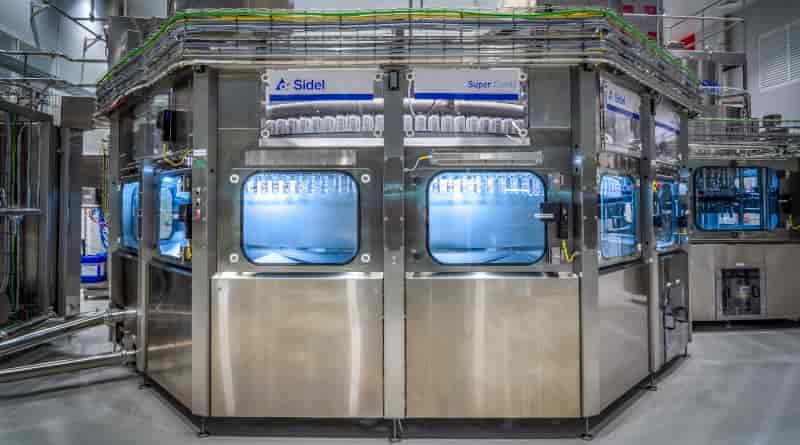
To curb plastic pollution, industry and academia must unite
Collaboration is key to making plastic use greener as soon as possible. Our experience yields tips on how to set up industry–academic partnerships.
From the top of Mount Everest to the deepest ocean trench, pieces of plastic are found almost everywhere on Earth. Specks have even been found in human blood and breast milk. This pervasiveness is just one aspect of a global crisis that encompasses the entire life cycle of plastics. Red Sea Crisis
More than 95% of plastics are currently manufactured using fossil fuels1. In 2019 alone, the carbon footprint from their production reached 1.8 billion tonnes of carbon dioxide, or 3.7% of global greenhouse-gas emissions — around twice as much as is generated by aviation2.
About half of the plastic produced is used only once3 and, in 2019, 353 million tonnes of plastic waste were generated (see Nature 616, 234–237; 2023). Only 9% of that waste was recycled, and 19% was incinerated2 — lowering air quality. The rest was disposed of in landfill sites (49%) or, worse, was mismanaged (22%)2: burnt in the open or discarded in the environment through littering or illegal dumping. Red Sea Crisis
Preliminary studies suggest that plastic pollutants have the potential to disturb crucial Earth system processes (such as nutrient cycling in soils) and to affect local weather patterns by promoting cloud formation. They could even serve as a marker for a potential new geological era shaped by human activity — the Anthropocene epoch.
As demand for plastics continues to soar, with annual production expected2 to nearly triple from around 460 million tonnes in 2019 to about 1,230 million tonnes in 2060, researchers in academia and industry are searching for ways to reduce their environmental cost. However, these efforts are often incremental and siloed. Progress is too slow. Academic and industrial groups need to team up to solve the problems faster. Red Sea Crisis
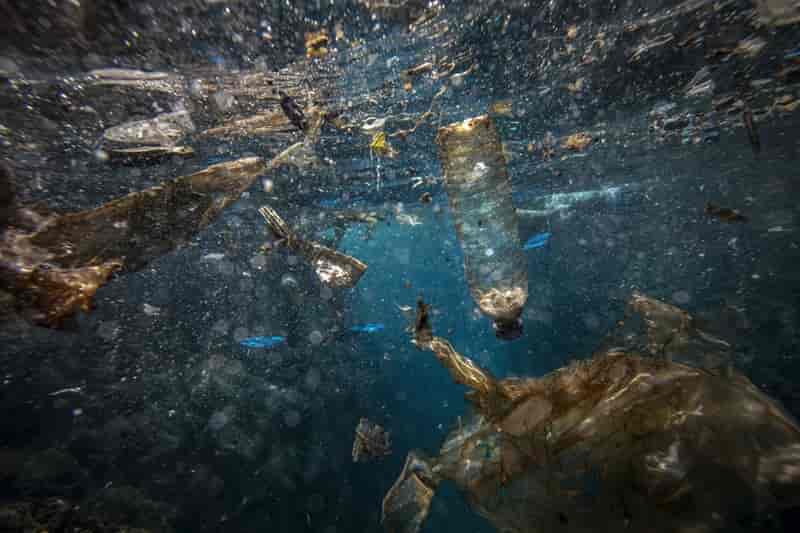
Amprius, a California-based company specializing in high-performance batteries, has achieved a significant milestone with its latest battery model, SiCore, boasting an impressive energy density of 400 Wh/kg
This achievement, attributed to the use of a proprietary silicon anode, positions Amprius at the forefront of battery technology, especially in the context of electric aviation.
SiCore has demonstrated remarkable durability, enduring up to 1,200 charge and discharge cycles without significant degradation. This breakthrough has attracted notable partnerships with industry giants such as Aalto/Airbus, AeroVironment, BAE Systems, Teledyne Flir, and collaboration with the U.S. army, solidifying Amprius’ presence in the aeronautical sector. Red Sea Crisis
CEO Kang Sun highlighted the company’s success, emphasizing their expertise in lithium-ion cells with a silicon anode as the key factor behind SiCore’s exceptional energy density. The positive results obtained in laboratory tests were validated through independent testing, confirming the battery’s reliability in various electric mobility applications.
Having successfully concluded the testing phase, Amprius is gearing up for SiCore’s production, partnering with Berzelius to supply American markets, including the USA, Canada, and Mexico. Additionally, a new production facility in Colorado, set to be operational in 2025, will house the manufacturing lines for SiCore cells and the upcoming SiMaxx cells.
The latter is anticipated to achieve a remarkable density of 500 Wh/kg, boasting rapid recharge times, up to 80% in less than 6 minutes, and operational efficacy within a wide temperature range, from -30 to 55 degrees Celsius. Red Sea Crisis
Amprius’ advancements in battery technology, especially with SiCore and the promising SiMaxx cells, signal a significant leap forward in the electrification of aviation, with potential applications in electric planes and broader electric mobility solutions.

In response to the recent challenges faced by its stock market, China is gearing up for a financial revival by unleashing a massive support package
The impetus for this strategic move arises from the stark comparisons with global counterparts, notably the surging Nikkei in Japan and India’s ascent to become the world’s fourth-largest stock market, surpassing Hong Kong. The Hang Seng’s stagnation symbolizes China’s broader economic struggles, prompting an urgent call to action.
A resolute “counter-order, comrades” was issued mere days after Prime Minister Li Qiang’s cautious stance at Davos, signaling Beijing’s commitment. Red Sea Crisis
Bloomberg reports reveal a formidable plan to mobilize 2 trillion yuan (approximately $280 billion) from offshore accounts of state-owned enterprises. This formidable financial injection aims to stabilize the stock market and instill confidence among investors.
However, skeptics argue that this financial lifeline may prove inadequate, representing a mere 2% of China’s GDP and sidestepping the root causes of structural challenges. The nation grapples with an aging population, reluctant consumer spending despite a deflationary cycle, and constrained foreign currency inflows due to global economic constraints. Red Sea Crisis
China faces an uphill battle, exacerbated by recent stock market setbacks, with indices like CSI and HSI witnessing significant declines. The outflow of foreign capital, reaching 33 billion RMB in the first part of 2024, underscores international skepticism about China’s recovery prospects.
Despite the formidable challenges, recent Bloomberg rumors triggered positive market reactions, with international investors purchasing 3.8 billion yuan of Chinese shares and the Hong Kong stock market gaining 3%. This move is perceived as an appetizer, hinting at potential future stimulus measures. While the path to stabilization remains arduous, these developments suggest a strategic step toward restoring vitality to the Chinese stock market amid a complex economic landscape. Red Sea Crisis
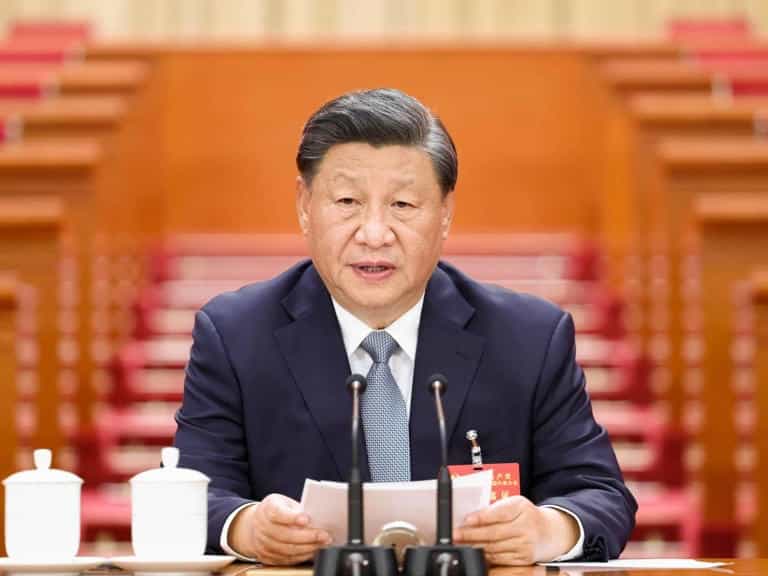
Textile-to-textile – Lignin reinforcement enhances PLA biopolymer functionality 24-01-2024
Red Sea Crisis

